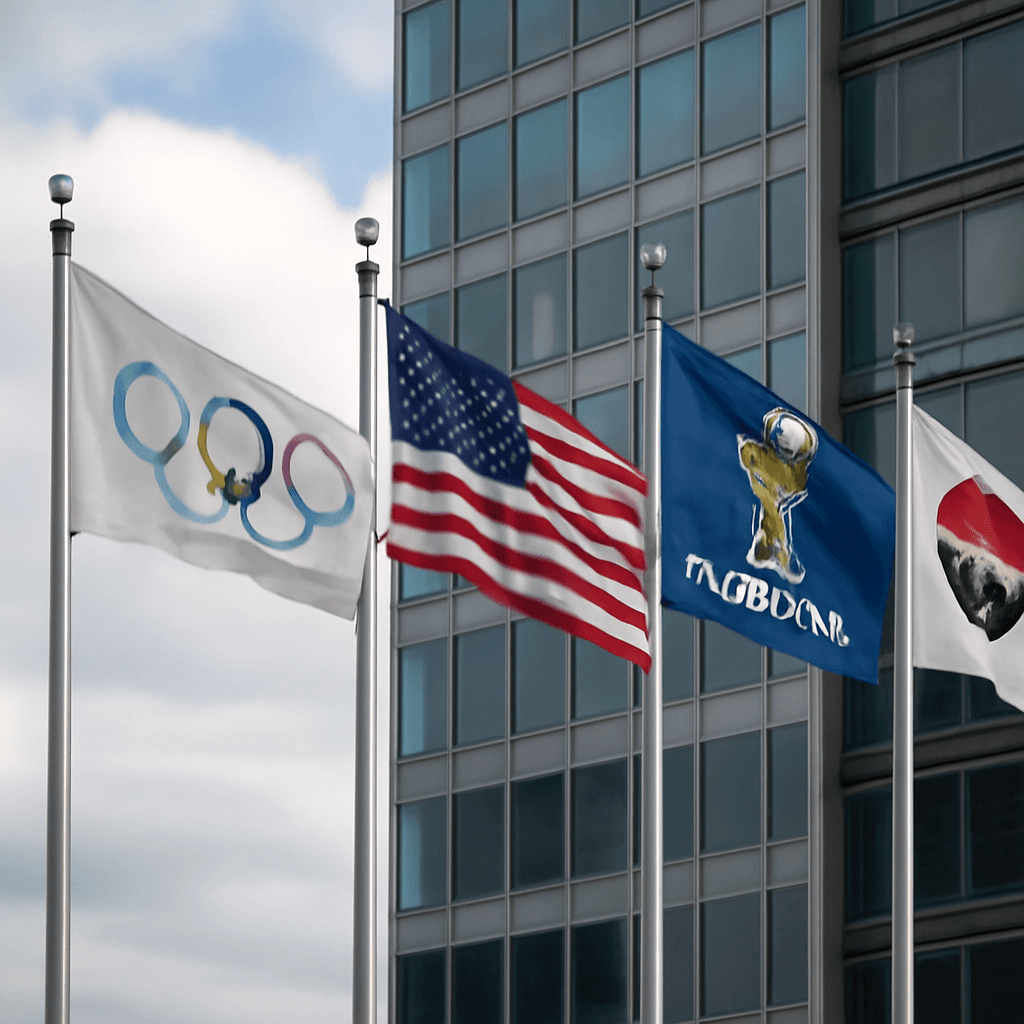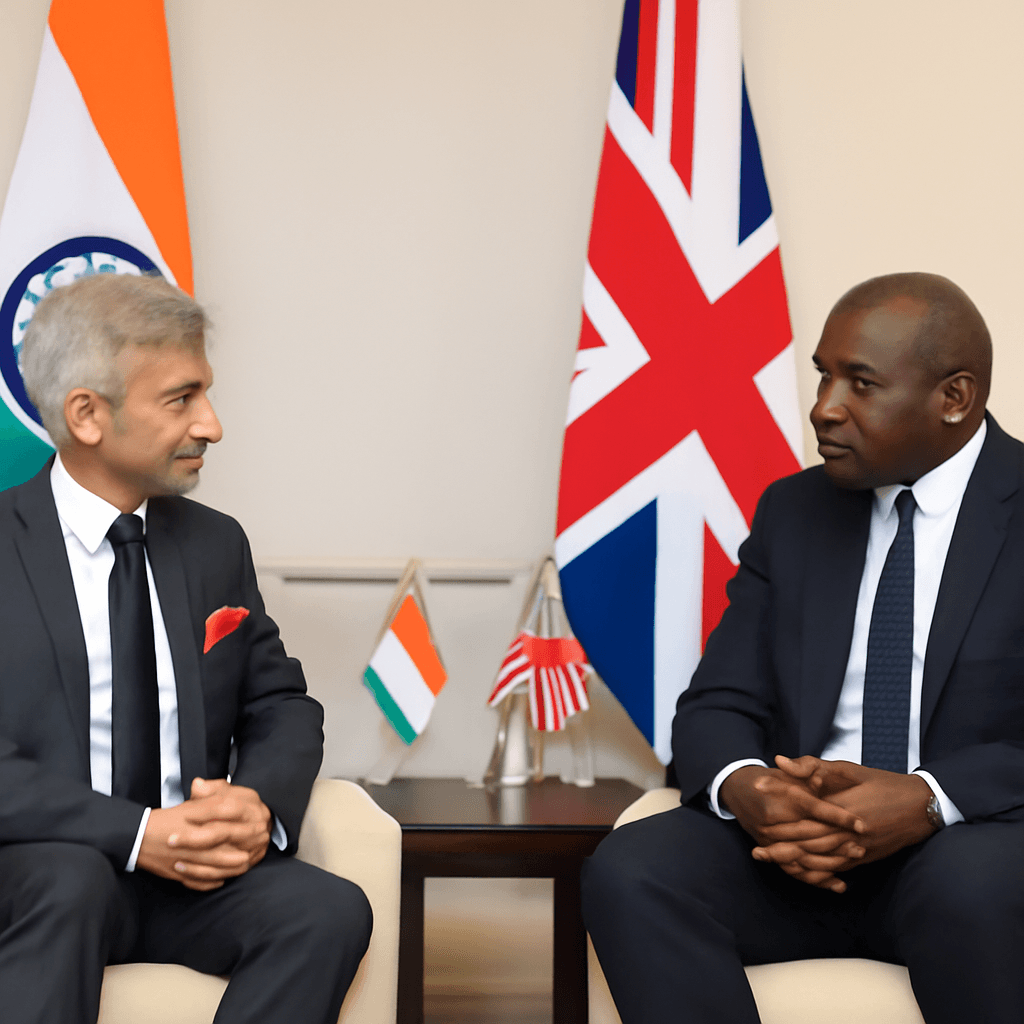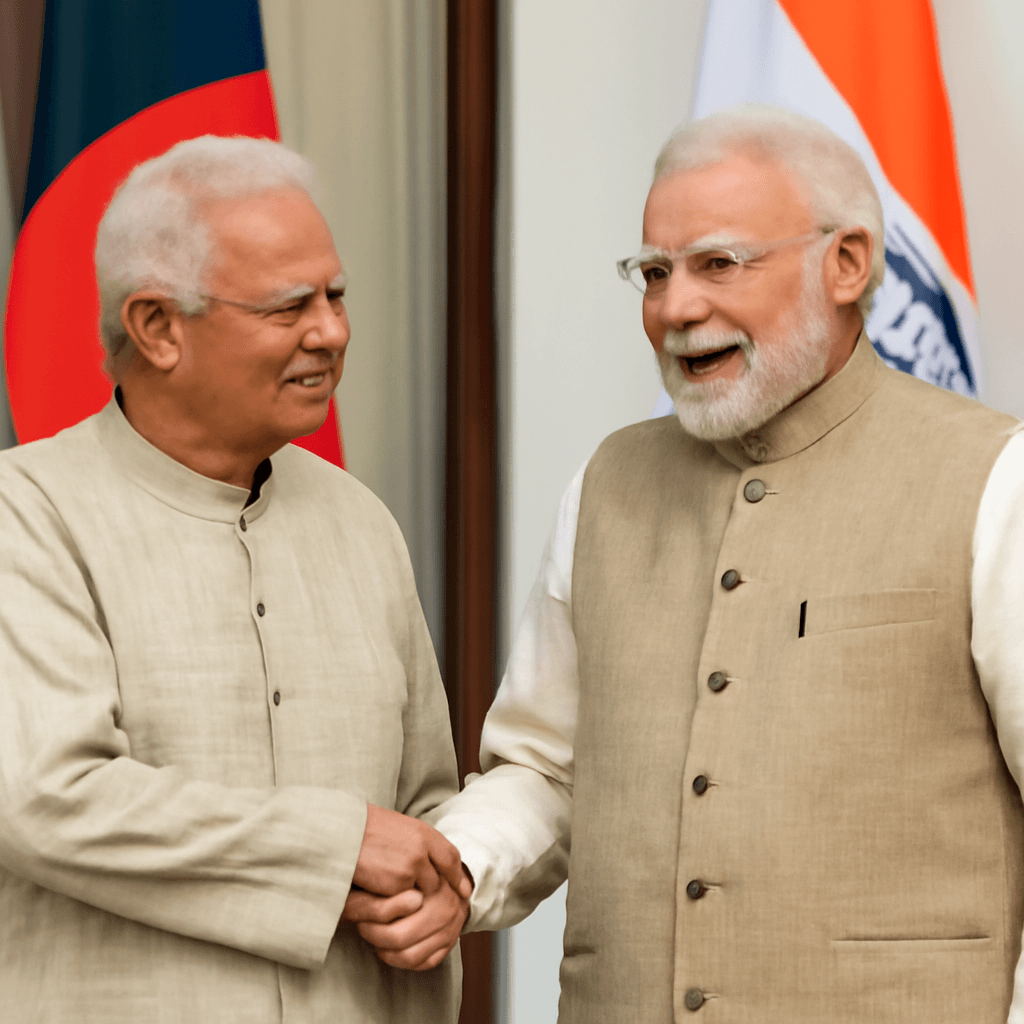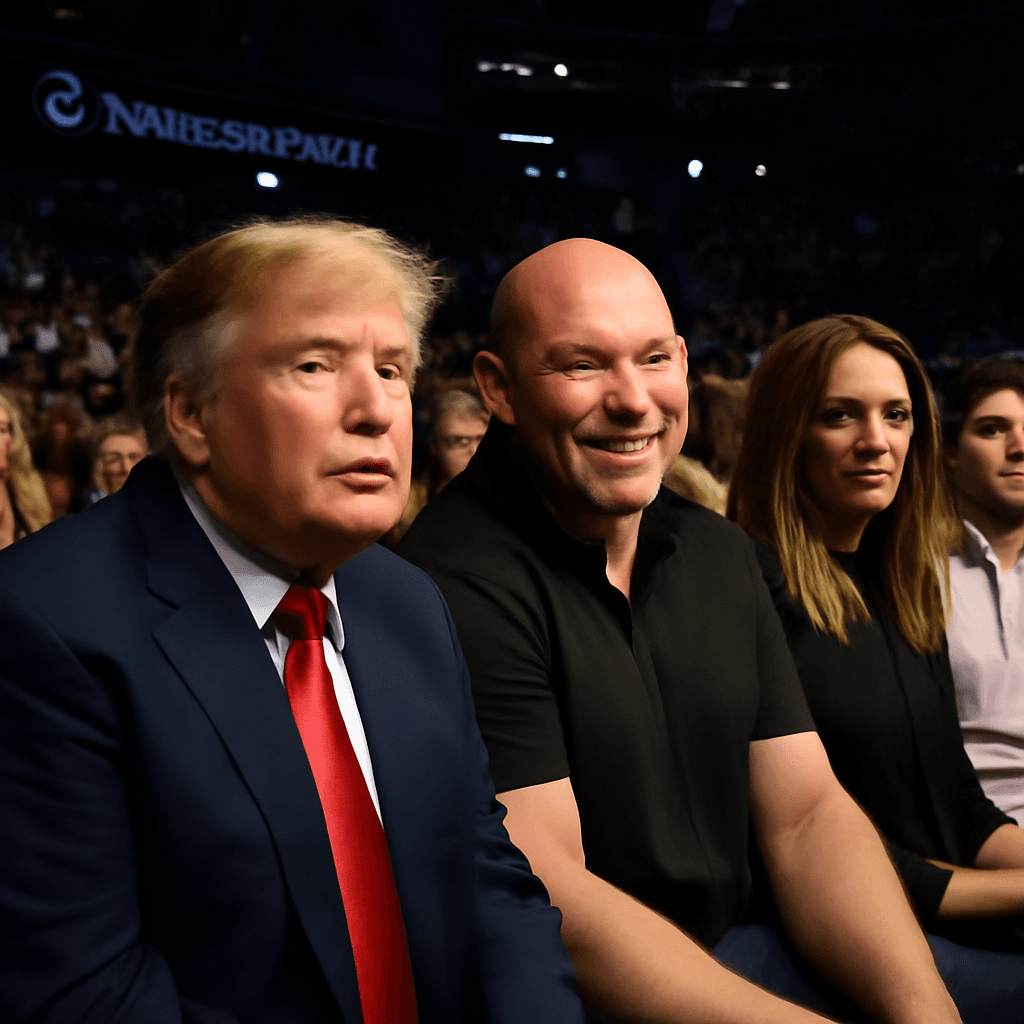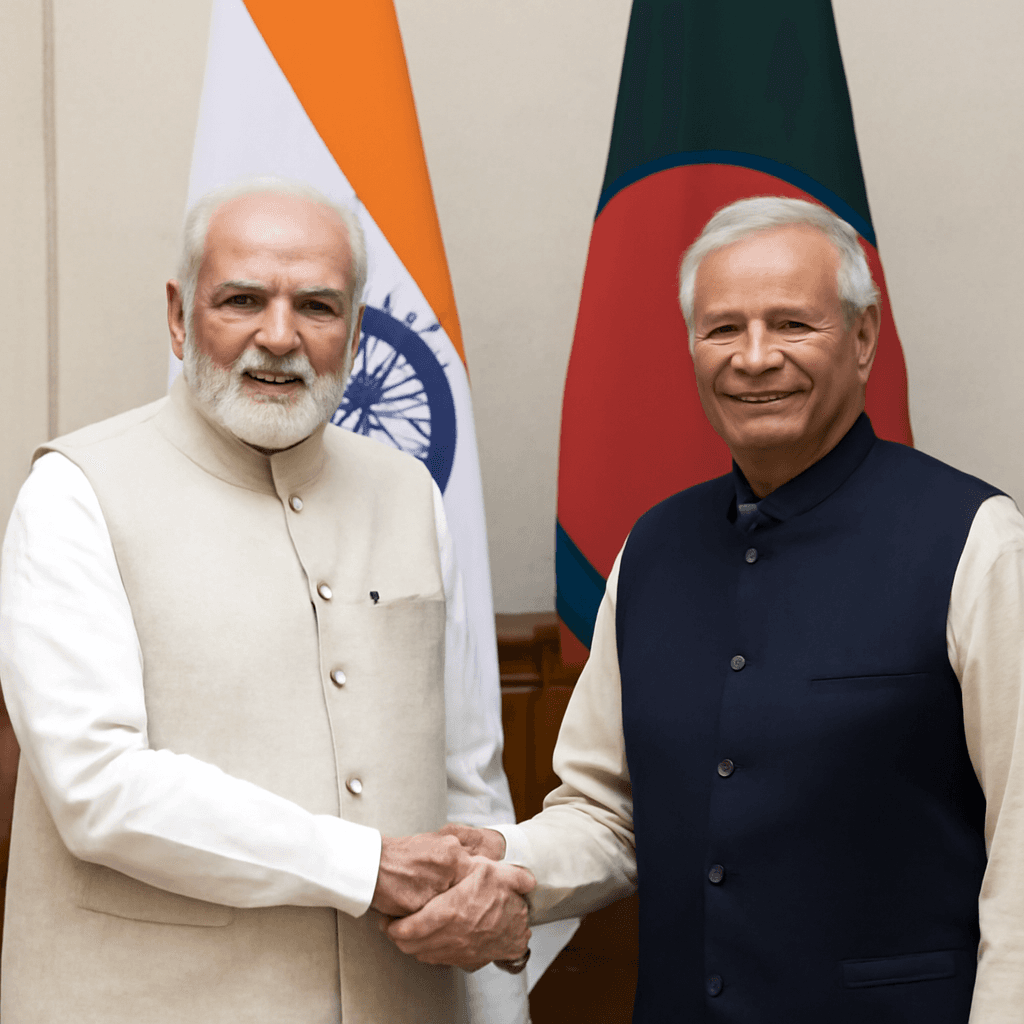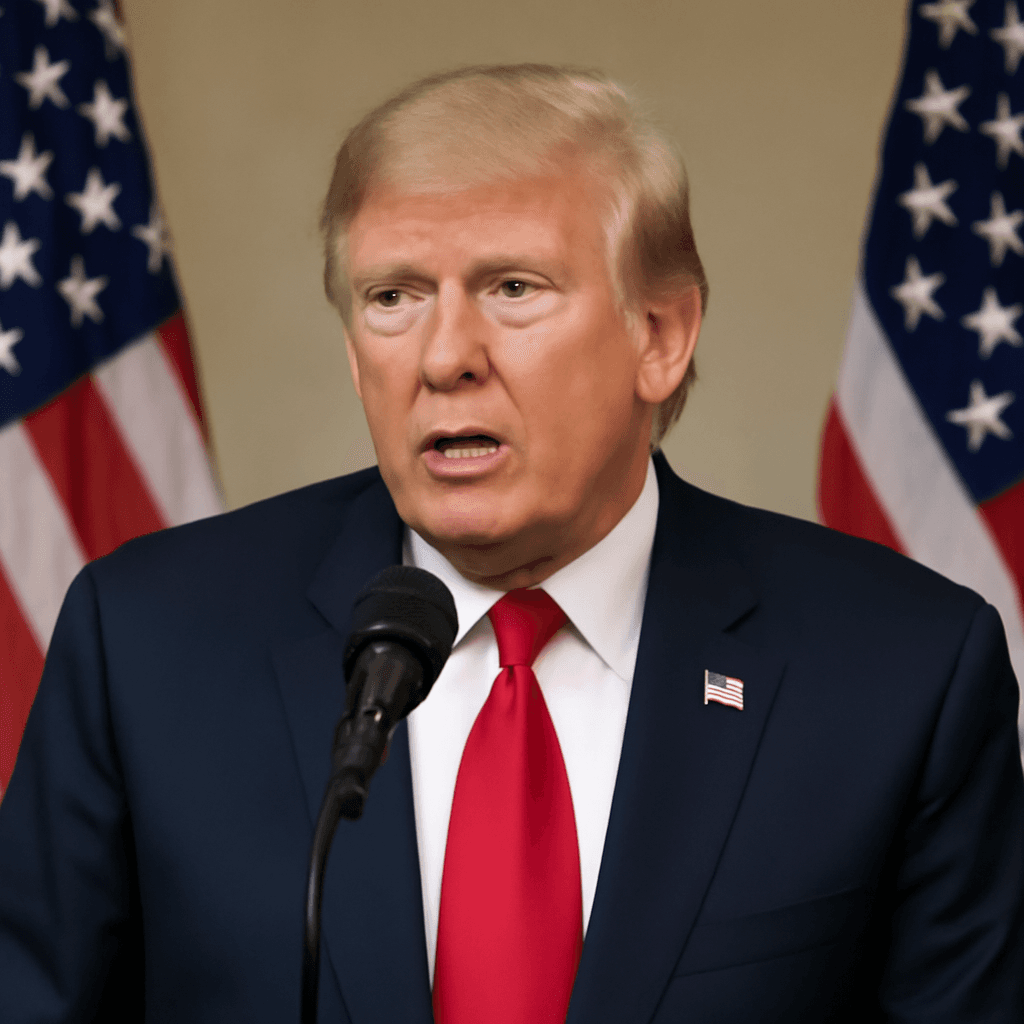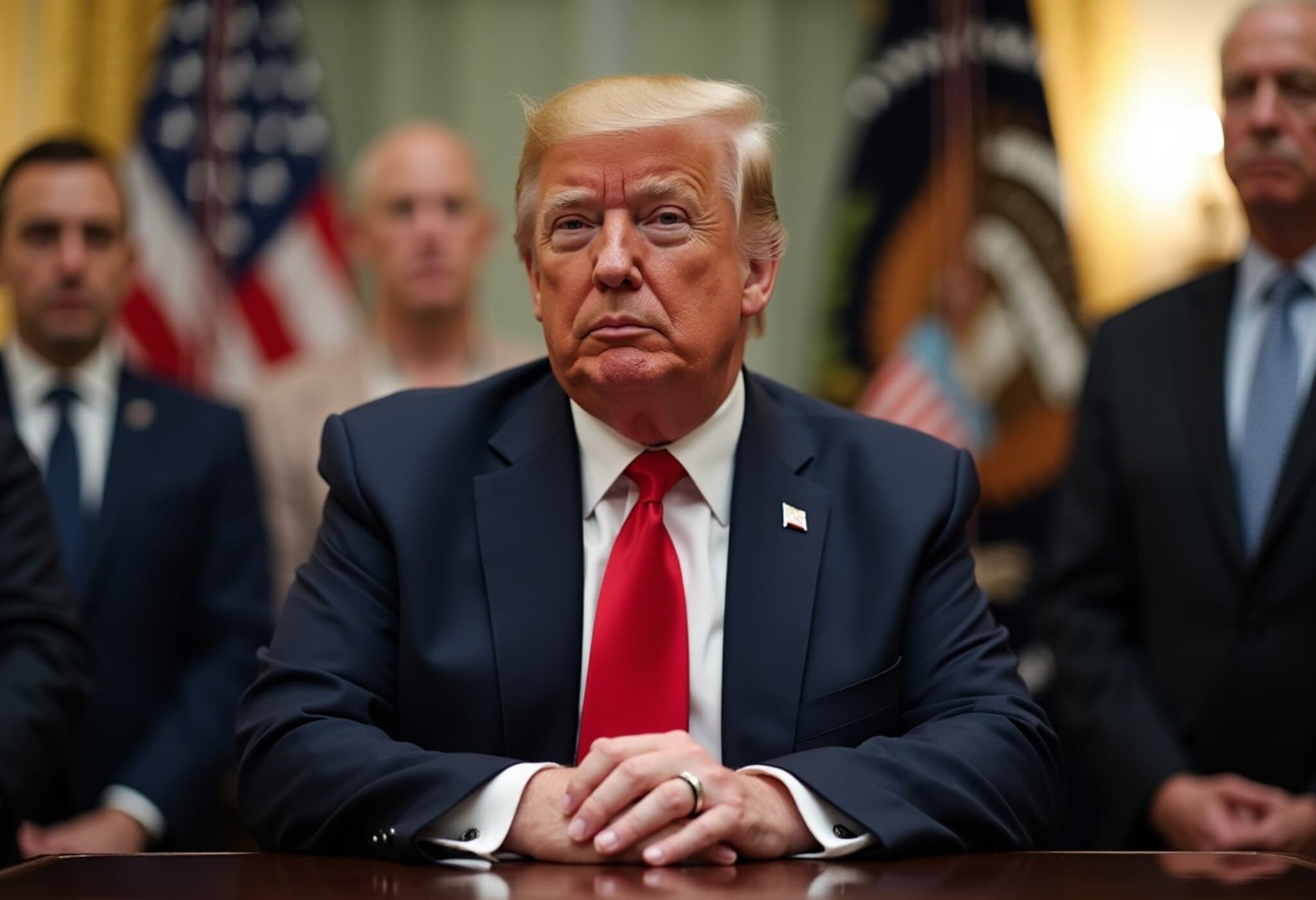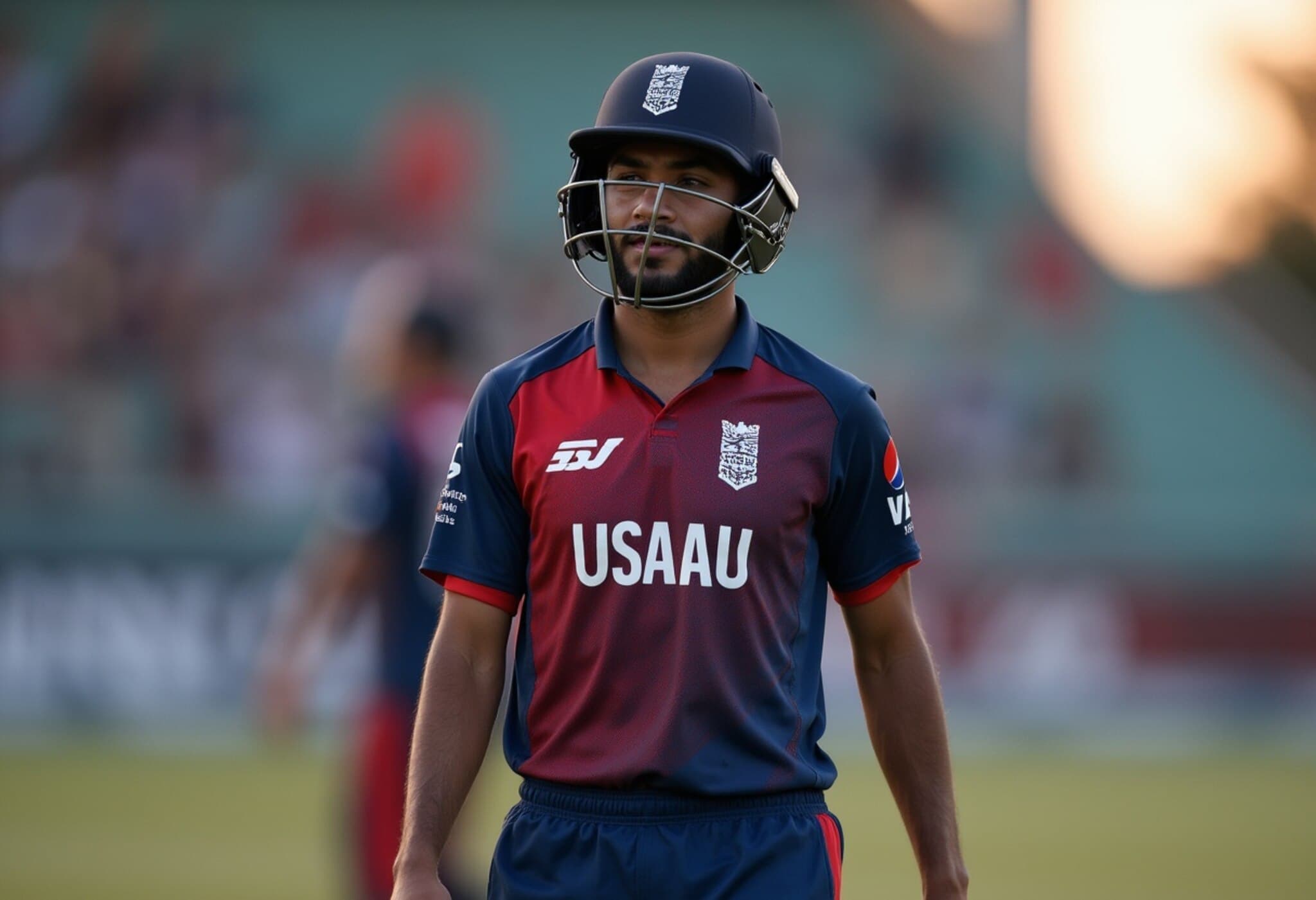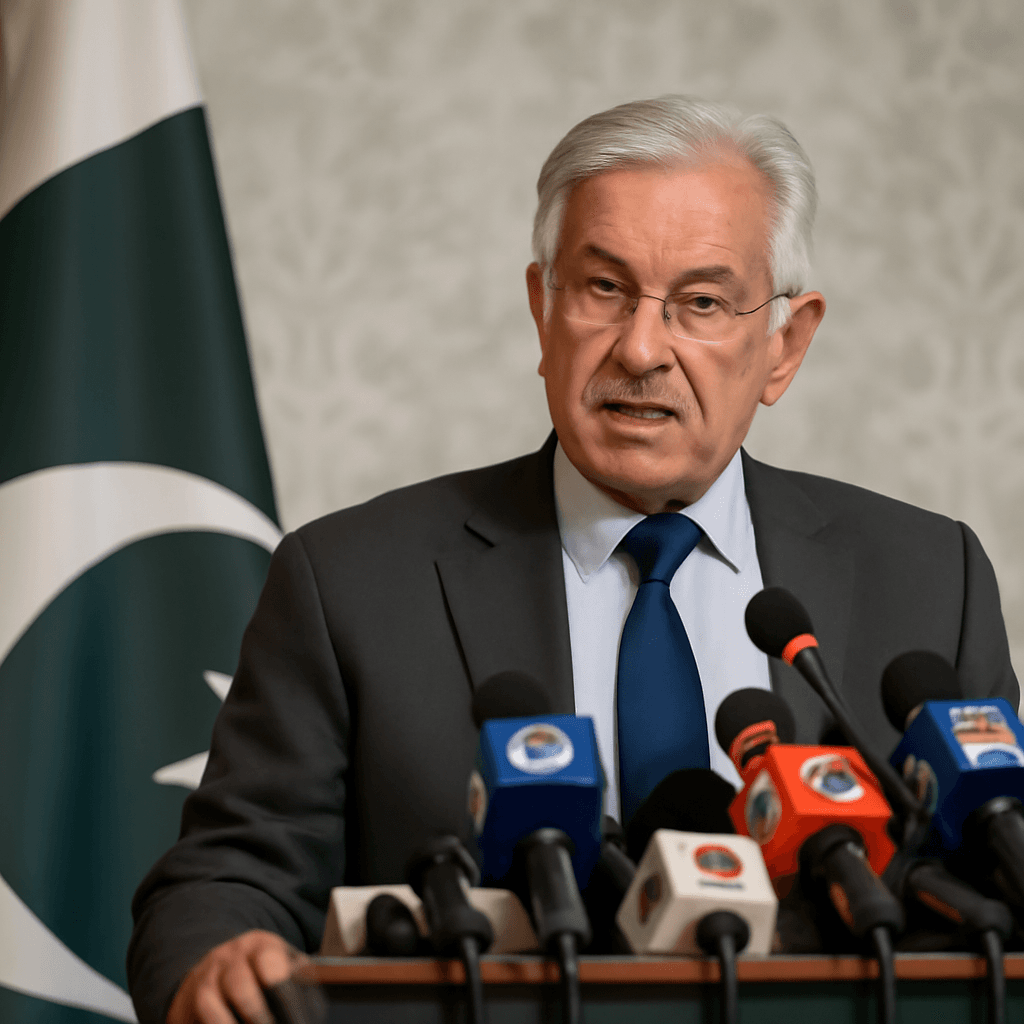Overview of Trump's Travel Ban and Its Scope
In 2025, a new travel ban targeting citizens from 12 countries came into effect in the United States, raising concerns about its implications for major upcoming international sporting events hosted by the US, specifically the 2026 FIFA World Cup and the 2028 Los Angeles Summer Olympics.
Countries Affected and Restrictions Imposed
The ban prohibits entry of citizens from 12 countries, including Afghanistan, Myanmar, Chad, Republic of Congo, Equatorial Guinea, Eritrea, Haiti, Iran, Libya, Somalia, Sudan, and Yemen. Additionally, more stringent visa restrictions apply to travelers from seven other nations: Burundi, Cuba, Laos, Sierra Leone, Togo, Turkmenistan, and Venezuela. The rationale cited includes concerns over inadequate screening and vetting procedures as well as the unwillingness of some countries to repatriate their citizens.
Effects on the 2026 World Cup and 2028 Olympic Games
Participation of Athletes and Teams
Despite the bans, the policy explicitly exempts athletes, coaching staff, and immediate family members attending recognized major sporting events. This exemption is critical since it allows teams from affected countries that qualify to participate without visa barriers. For instance, Iran, a strong contender in Asian football, has already qualified for the World Cup co-hosted by the US, Canada, and Mexico. Other nations such as Cuba, Haiti, and Sudan remain in the qualification process.
Impact on Fans and Supporters
Unlike athletes, fans from the banned countries face uncertain prospects since the travel ban does not provide exemptions for tourists attending these events. Historically, acquiring visas has been complicated for some fans, particularly those from Iran. Given that international tournament attendees often represent a wealthier subset of their home populations and are considered lower security risks, nations typically accommodate them; however, strict enforcement of the ban could limit fan attendance from targeted countries.
Collaboration with Sports Organizations and Government Measures
The U.S. government, alongside FIFA and Olympic officials, has been actively strategizing to minimize disruptions. FIFA and the LA28 Olympic Committee have acknowledged the unique requirements of these international events and worked toward ensuring special visa processing arrangements.
- FIFA’s leadership maintains ongoing discussions with the U.S. administration, emphasizing smooth tournament operations and revenue continuity.
- The LA28 Olympic Committee has confirmed dedicated resources within the State Department to handle expedited visa processing for athletes and key personnel, focusing mainly on teams rather than spectators.
- Confidence remains high among international Olympic officials that arrangements will accommodate all participants effectively.
International Precedents and Security Considerations
Previous hosts of large-scale sports events have implemented tailored visa and entry policies:
- Russia (2018 World Cup) and Qatar (2022 World Cup) allowed fans to enter with their game tickets doubling as visas, supplemented by background checks.
- Host nations reserved the right to deny entry to individuals deemed security risks, as seen when Belarus's leader was barred from the 2012 London Olympics despite his official sporting role.
These precedents illustrate a balance between welcoming international visitors and safeguarding national security.
Conclusion
The 2025 U.S. travel ban introduces complexities for the 2026 FIFA World Cup and the 2028 Los Angeles Olympics, primarily affecting fans from targeted nations. While athletes and official delegates are largely protected by exemptions, outstanding questions remain regarding spectators and broader tourism impacts. Ongoing collaboration between U.S. authorities and sports governing bodies aims to ensure the success of these globally significant events without compromising security or inclusiveness.

